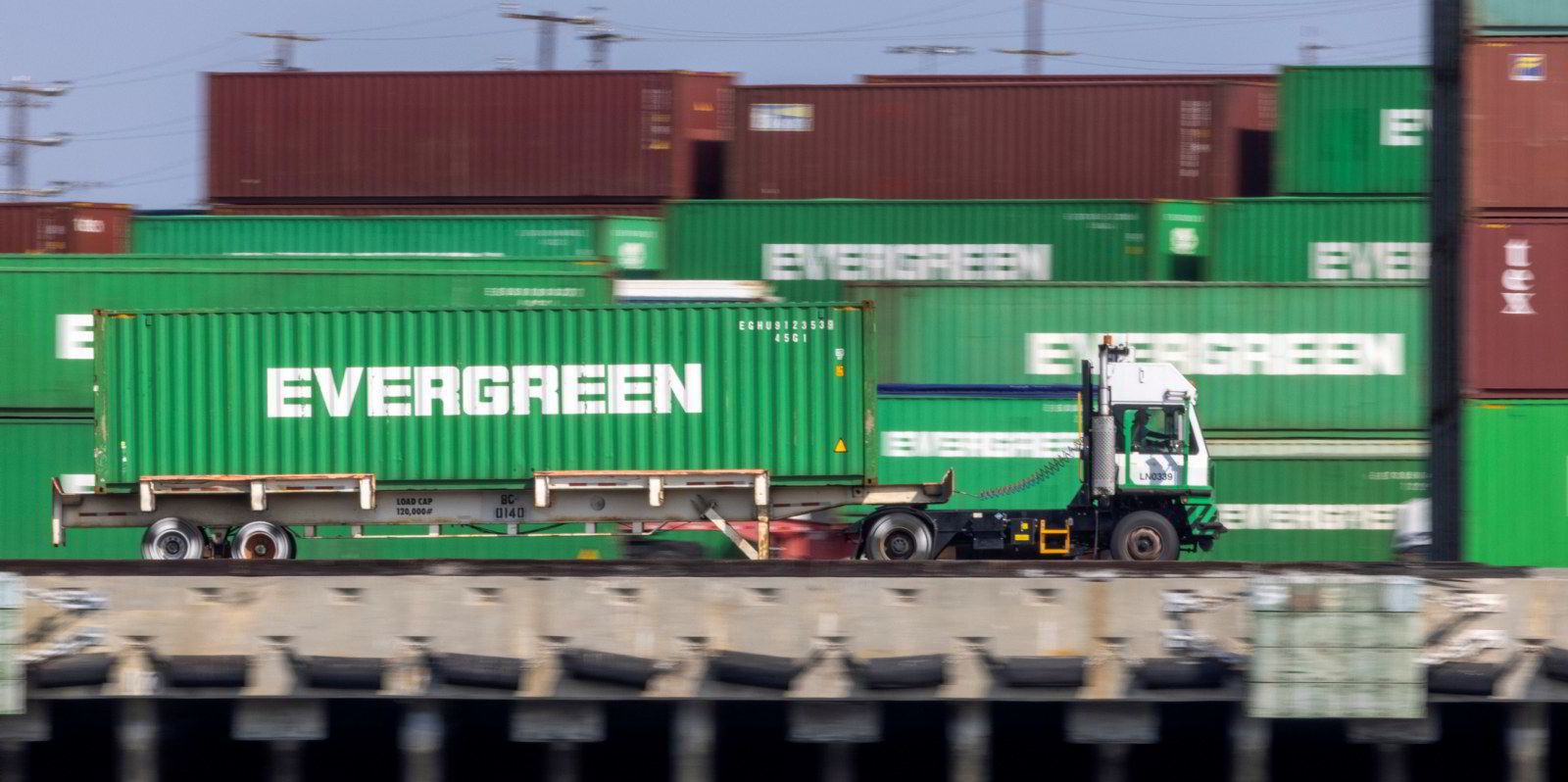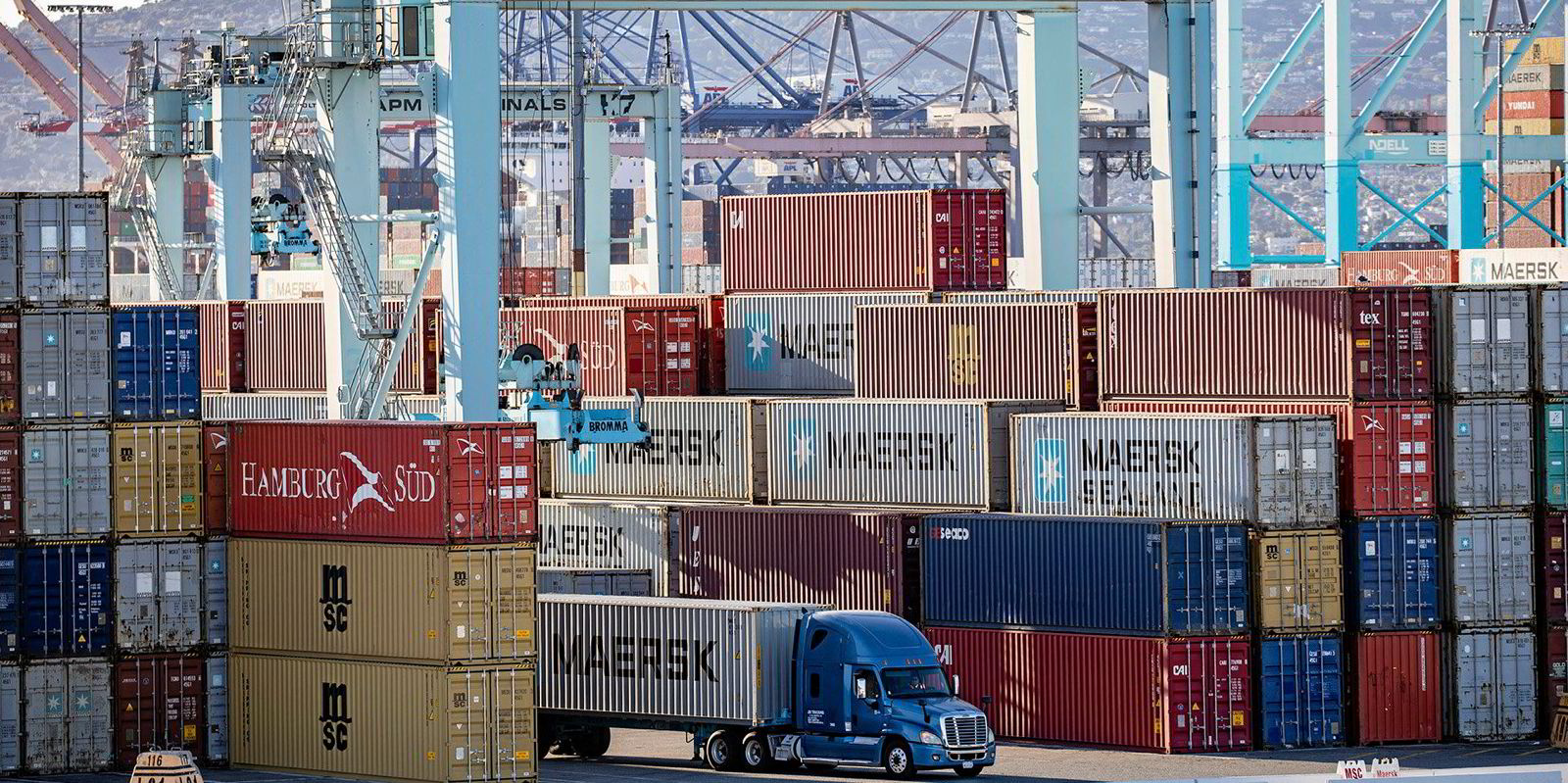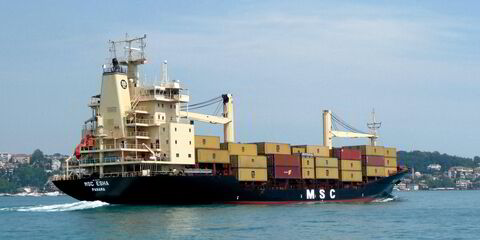Not all demurrage and detention charges are bad: some do incentivise efficient cargo movement and freight fluidity, but US shippers are being driven hopping mad by the other kind — those that serve no purpose, that have mushroomed in the darkness of opaque billing practices and impossible burdens of proof.

Under current rules, shippers are guilty until proven innocent. They owe the demurrage charges unless they can show the charges did not incentivise cargo movement or promote freight fluidity.
Much of the time, cargo owners have no way of knowing just how and when the delays occur, but because of the carriers’ lien, they are often left with no way out but to pay the ransom to get their cargo back.
Should they refuse to pay, their cargo will continue to accrue more charges until they do — forcing them to buckle or double down. Few cargo owners are willing to take that bet when the house holds all the cards and the fear of retaliation is real.
During Covid-19’s "Great Age of Congestion", these charges proliferate even though defective notices prevent cargo owners from knowing their boxes are ready for pickup, even though port congestion prevents cargo interests or their contractors from getting into port to get boxes and even though there is no equipment available to move the containers — if they can be found at all.
Farmers in the US heartland have reported there are no containers available for exports because moving them to the interior does not return the same profit as a quick turn for more high-value Asian imports.
Shippers doing everything right still end up paying big — and there is no incentive principle in that.
A place for demurrage
Yet, there is a place for demurrage. Shippers cannot use valuable ship-side quay stacks to store containers indefinitely, nor can they turn the boxes into long-term storage at the job site without imposing costs on the carrier and costs on the transportation system at large.
What’s to be done about all this?
For starters, the Federal Maritime Commission (FMC) is on the right track by chasing transparency in billing and allocation of demurrage and detention charges. But more must be done to remove the barriers to enforcement and vindication.
Disincentives for shippers to bring claims against the alliances are too great and the opportunities to be made whole too uncertain, too costly and too fraught with risk in most cases.
The commission’s initiatives to encourage private complaints to come forward is another step in the right direction, as are the independent inquiries being undertaken by the Bureau of Enforcement.
The carriers should welcome the commission with open arms and cooperate fully. The ocean shipping industry has always been an astute observer of which way the winds are blowing and has long understood that it is often better to self-regulate or seek the regulations you want before you get the regulations you do not want.
The current narrative is US truckers languishing in line, US farmers and other exporters unable to get products to market and US importers and consumers struggling to get what they need while a small club of foreign carriers feathers its alliance nest with underserved demurrage and detention fees, and record profits.
Be proactive
The carriers need to get out front and proactively work with the FMC to reform current practices, improve transparency, and compromise demurrage and detention charges where the incentive principle is absent — even if the shippers lack the means to prove it. Otherwise, carriers will soon face the regulations they do not want.
Not all demurrage and detention is bad, but some is — and it is time to split the difference.
Attorney Bryant Gardner is a partner at law firm Winston & Strawn in Washington DC.
Do you have an opinion to share?
Email: news@tradewindsnews.com(Copyright)





